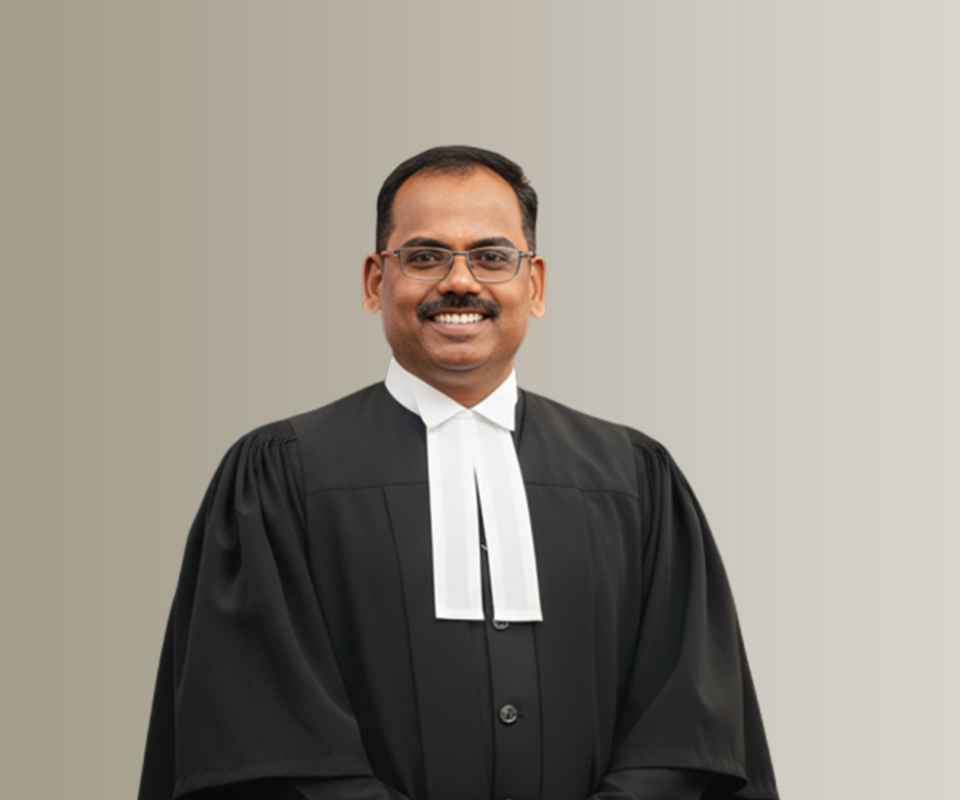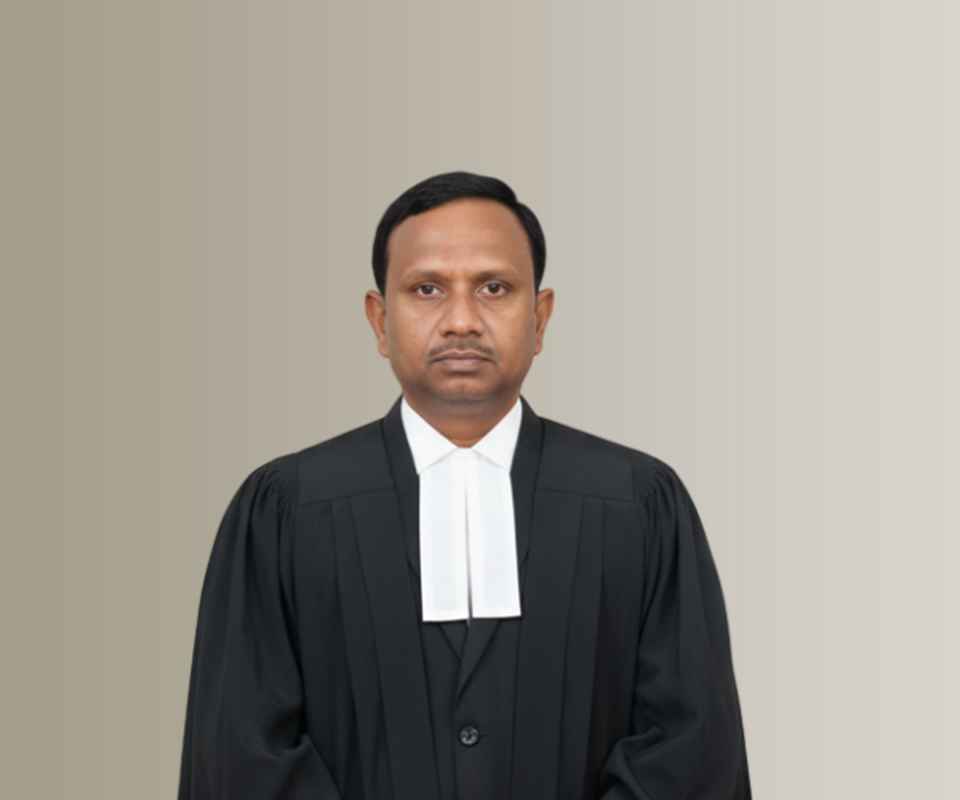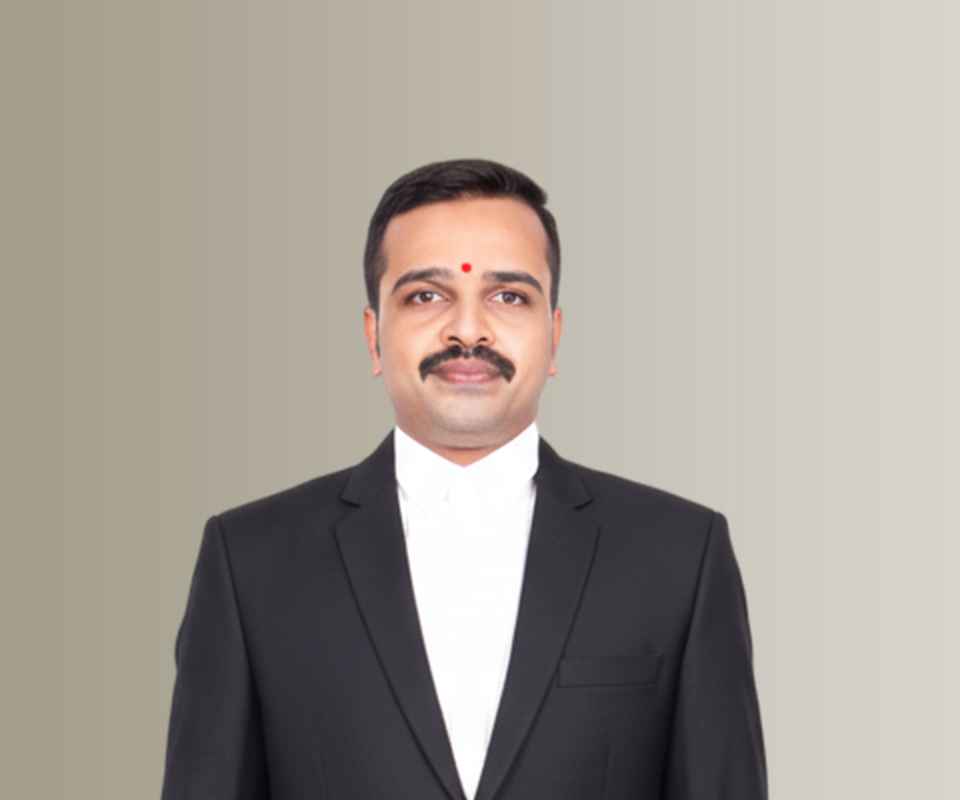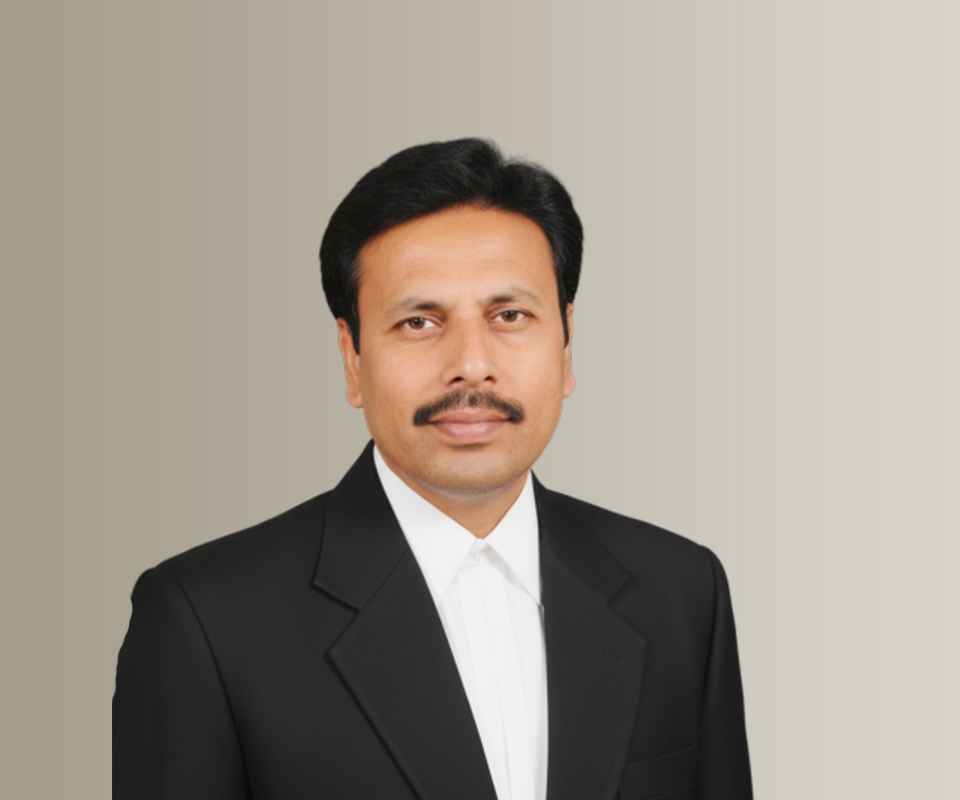Answer By law4u team
The Right to Education (RTE) Act, 2009 plays a crucial role in promoting inclusive education in India. One of the key provisions of the Act requires private schools to reserve a specific percentage of their seats for children from economically weaker sections (EWS) and disadvantaged groups. This ensures that children from marginalized backgrounds have access to quality education in both private and government schools.
Percentage of Seats Reserved for Disadvantaged Students:
1. 25% Reservation for EWS and Disadvantaged Groups:
Under Section 12(1)(c) of the RTE Act, 2009, private unaided schools (both non-minority and minority schools) are required to reserve 25% of their seats in the entry-level classes (such as Class 1) for children from economically weaker sections (EWS) and disadvantaged groups.
This means that for every 100 seats in the entry-level class, 25 seats must be set aside for EWS children and disadvantaged groups.
The government compensates the private schools for providing free education to these children.
2. Conditions for Reservation:
The seats must be reserved without charging any fees to the students from EWS and disadvantaged groups. The government reimburses the private schools for the cost of education for these students.
The admission process for these reserved seats is generally conducted through a transparent process (often a lottery system) to ensure fairness and equal opportunity for all children in these categories.
3. Scope of Reservation:
The 25% reservation applies only to private schools that are unaided and do not receive financial aid from the government. Government-funded or government-aided schools do not have to reserve seats under this provision.
The 25% reservation applies to the initial entry-level class, which typically begins in Class 1, but this can vary depending on the state or school.
Example:
A private school in Mumbai has 200 seats in Class 1. Under the RTE Act, the school must reserve 25% of these seats, i.e., 50 seats, for children from economically weaker sections (EWS) and disadvantaged groups. These 50 children will be provided free education, and the school will receive reimbursement from the government to cover the cost of educating these students.
Conclusion:
Private schools are required to reserve 25% of seats for children from economically weaker sections (EWS) and disadvantaged groups under the Right to Education (RTE) Act, 2009. This reservation aims to promote inclusive education and ensure that children from all social backgrounds have access to quality education. The government reimburses the schools for the free education provided to these students, helping to foster a more equitable educational system in India.







